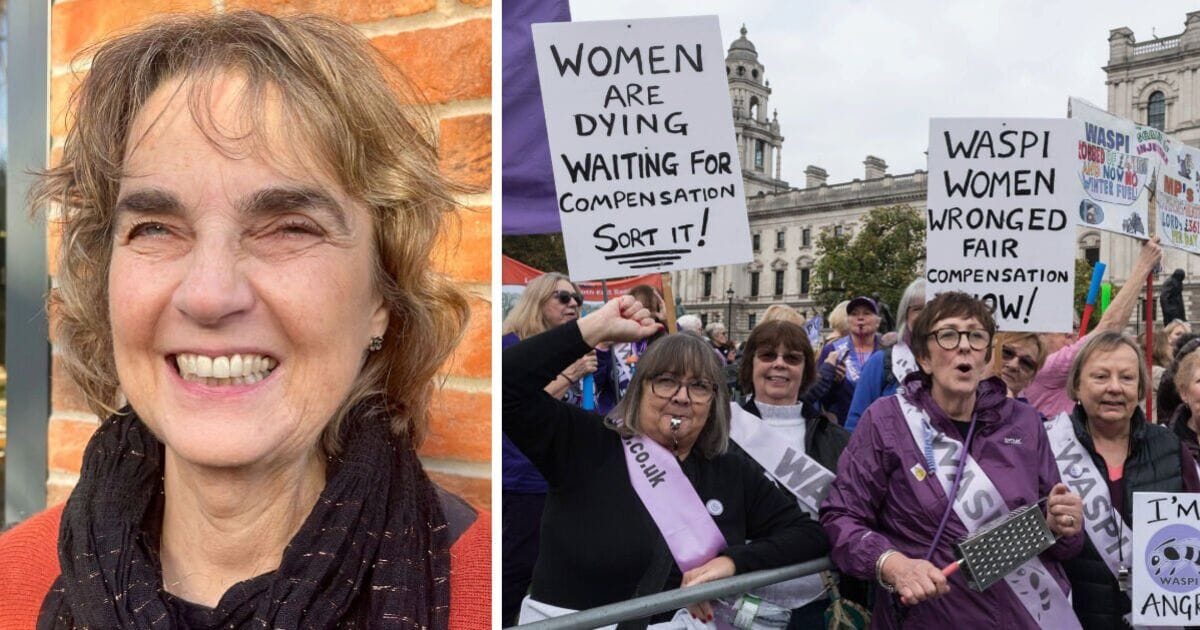The Department for Work and Pensions (DWP) is responsible for the payment of State Pension and welfare benefits to approximately 22.7 million people across Great Britain.
The most recent data, published in the 2024 Fraud and Error in the Benefit System report, reveals that overpayments of benefits totalled £9.7 billion (3.7%) over the past year, marking an increase from the previous year’s figure of £8.3bn. Introduced in 2013, the Personal Independence Payment (PIP) aims to assist individuals with additional costs arising from long-term illnesses, disabilities or mental or physical health conditions.
According to the data, expenditure on PIP last year amounted to £21.6bn, a substantial rise from £17.7bn in 2022/23. This figure is projected to increase further as the number of recipients receiving up to £737.20 each month has hit a record-breaking 3.5m.
However, the data also indicates a decrease in overpayments from £200 million in 2022/23 to £90m last year, which could potentially lead to claimants having to reimburse the DWP.
The DWP attributes the primary cause of PIP overpayments to claimant error (0.3%), specifically when an individual fails to report a change in their circumstances, such as an improvement in their condition, reports the Daily Record.
The report clarifies that the ratio of PIP claims overpaid last year was one in 100, consistent with the rate of the preceding year. It also stated that this accounted for £6 out of every £10 overpaid.
How to report a change of circumstances to DWP
To report a change of circumstances, you can reach out to the PIP enquiry line at 0800 121 4433. The lines are open from 9am to 5pm, Monday to Friday.
However, please note that the opening hours may vary during the festive fortnight.
Here’s a detailed guide on all the changes in circumstances and whether you need to inform the DWP about them.
Changes to daily living or mobility needs
You should inform the DWP if, for instance, you require more or less assistance or support, or if your condition is expected to last longer or shorter than what you previously informed the DWP.
This change could impact your entitlement to PIP, the amount, and the duration of the PIP award.
Leaving the country or planning to leave the country for more than four weeks – even if it’s for a holiday
This change could affect your entitlement to PIP. The DWP needs to know the date you’re leaving the country, how long you plan to be away, which country you’re visiting, and the reason for your travel.
Stays in hospital or similar institutions
According to DWP guidelines, both components of PIP stop being payable 28 days after the claimant is admitted to an NHS hospital.
Patients funded privately are not affected by these rules and can continue to receive either component of PIP.
If a claimant is in a hospital or a similar institution when their entitlement to PIP begins, PIP is not payable until they are discharged.
Care homes
The daily living component of the Personal Independence Payment (PIP) ceases after 28 days of residency in a care home where the costs are covered by public or local funds. However, the PIP mobility component can continue to be paid.
Those who fully self-fund their placement are not affected by these rules. If a claimant is already in a care home at the date of entitlement, the PIP daily living component will not be payable until they leave.
Linked spells in hospital and care homes
Hospital stays and care home spells are linked if the gap between them is no more than 28 days. The same applies for spells in a care home.
There is no link for the mobility component as payment is not affected when in a care home. Both components of PIP will cease after a total of 28 days in hospital.
The daily living component of PIP will also stop after a total of 28 days in a care home.
If a claimant moves between a hospital and care home, or vice versa, these periods will also link.
Imprisonment
Changes may affect the amount of PIP that can be paid to the claimant if they are imprisoned or held in legal custody.
The Department for Work and Pensions (DWP) needs to know the date the claimant was taken into prison or legal custody and the expected length of time they will be there, if known.
PIP ceases to be payable after 28 days where someone is being detained in legal custody. This applies whether the offence is civil or criminal and whether they have been convicted or are on remand.
Suspended payments of benefit are not refunded regardless of the outcome of proceedings against the individual. Two or more separate periods in legal custody link if they are within one year of each other.
Change of name
This change will not affect payment or eligibility for PIP, but it is important the DWP has the most up-to-date details for the claimant.
This change needs to be reported in writing – if the claimant phones to give these details, the DWP will ask for these details to be put in writing. The written notification must contain:
- full details of their previous name.
- their new name.
- details of any changes made to the bank or building society account into which PIP is paid, such as the name of the account or the account number.
- their signature on the letter.
Change of account PIP is paid into
The DWP needs full details of the of the name and address of the new bank or building society along with details of the new account including the name of the account, the account number and the sort code or roll number.
Change of person acting for the claimant
This refers to an appointee or someone with power of attorney for the claimant.
This alteration is crucial to ensure the DWP can make payments accurately and on time. They require the complete name, address, and contact information of the new representative for the claimant.
If the individual representing the claimant has relocated or has different contact details, the DWP simply needs the updated information.
Change of Address
Provided it’s not a hospital or nursing home, this change will not impact eligibility or payment of PIP. It’s vital that the DWP has the most current details for the claimant.
They need comprehensive details of the new address the claimant has moved to, including the postcode and the date of the move.
Change of Doctor or Healthcare Professional
This change will not affect payment or eligibility for PIP and is not mandatory once a decision on the PIP claim has been made.
However, if the change occurs during the claiming stage, it’s essential the DWP have the most recent information. This ensures the assessment provider has the correct contact details to gather any additional details they may need.
The DWP requires the full name, address, and contact details of the new doctor or healthcare professional.
Complete details about changes of circumstance if you are receiving PIP can be found in the online handbook here.









